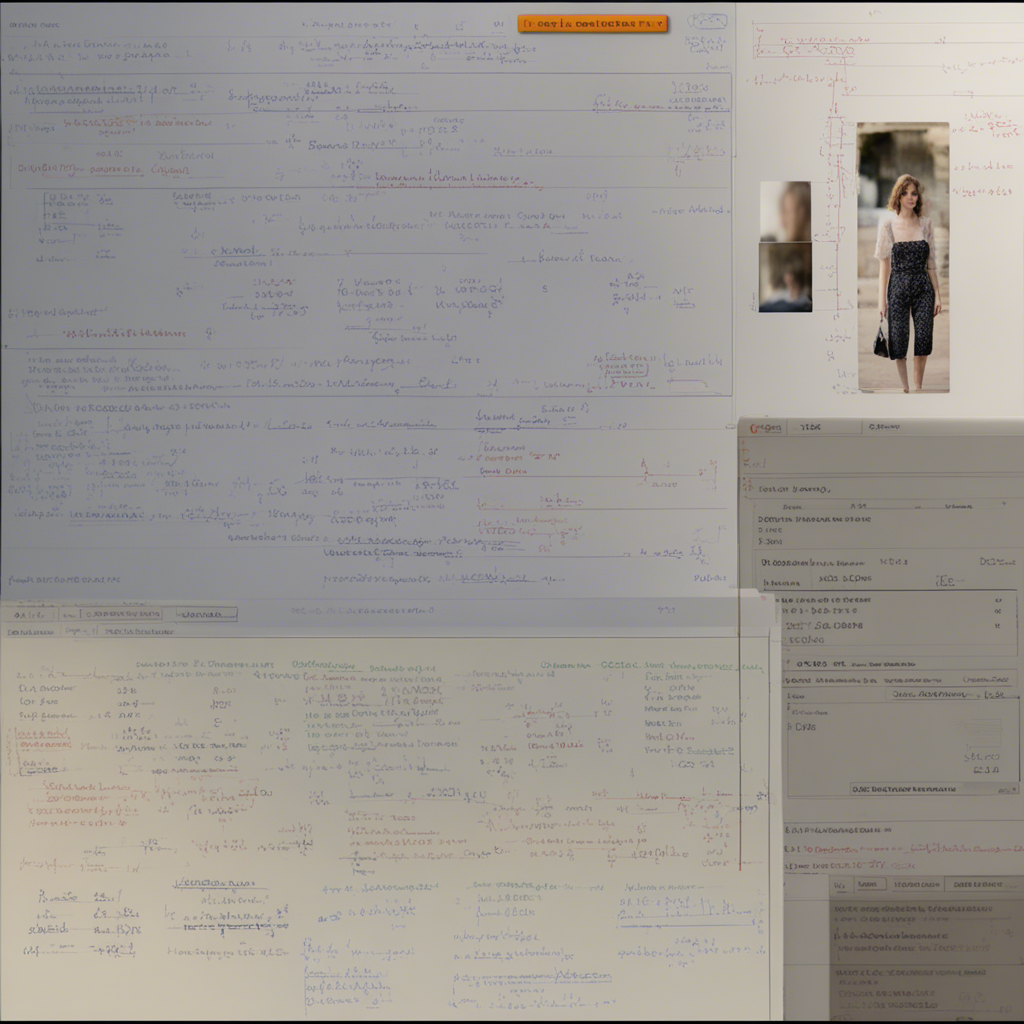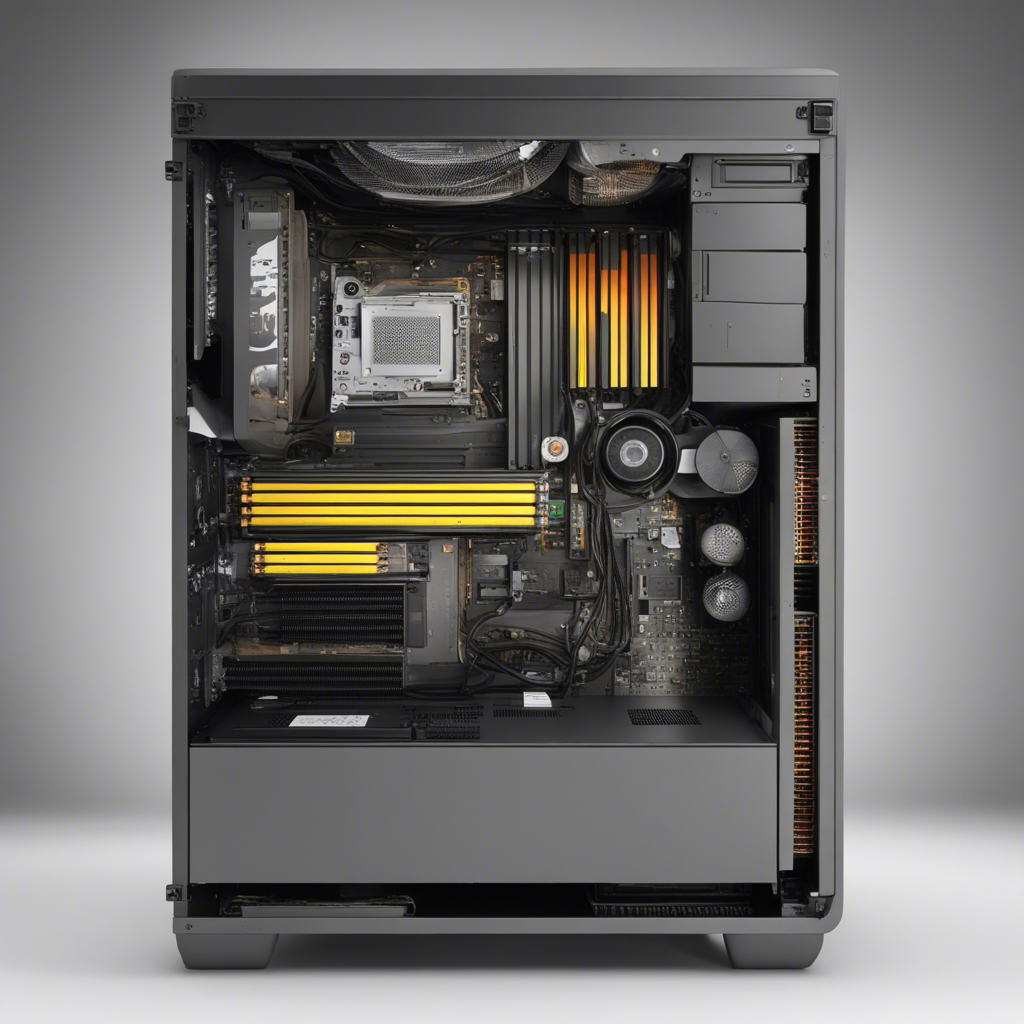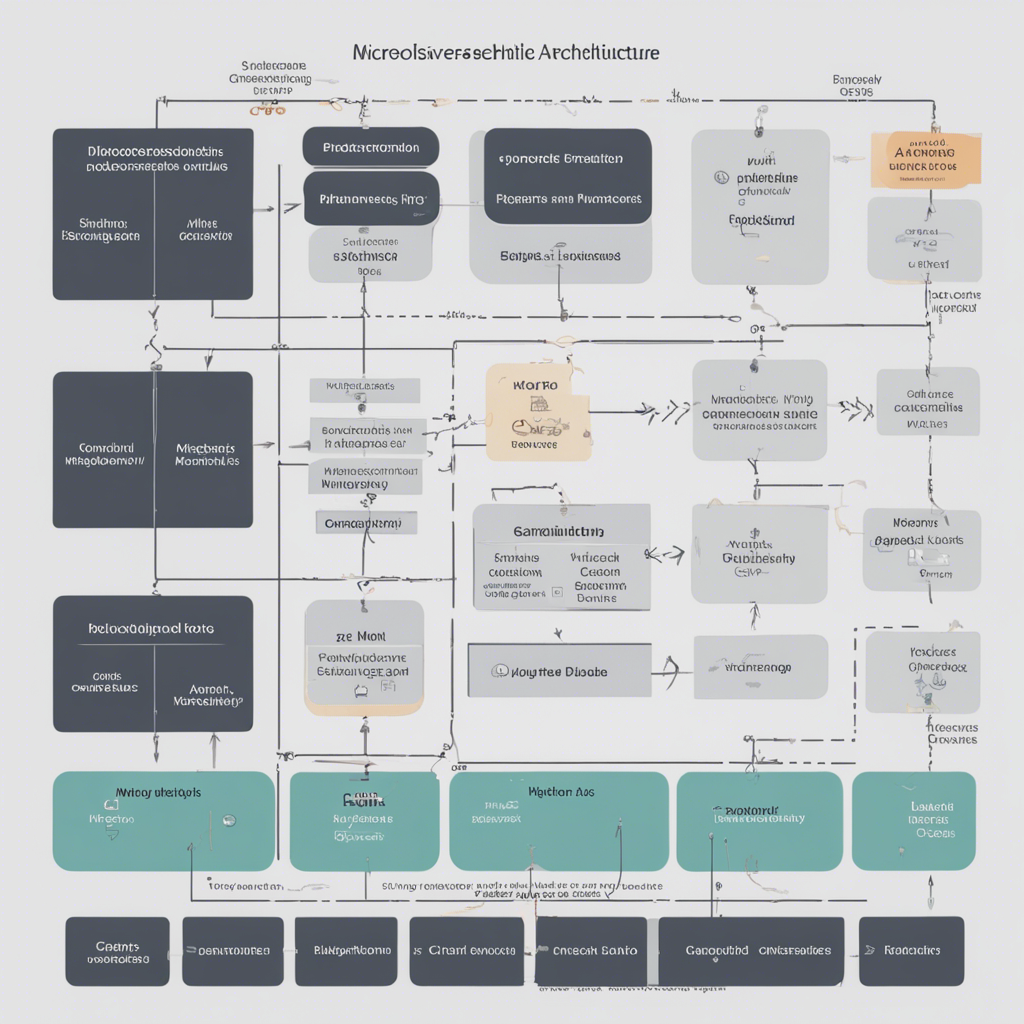
Getting Started with Robotics for Beginners
Are you interested in diving into the fascinating world of robotics but don’t know where to start? Delving into a new field can be intimidating, but with the right guidance and resources, you’ll be on your way to becoming a robotics enthusiast in no time. In this comprehensive guide, we will provide all the information you need to get started with robotics as a beginner.
Understanding Robotics
Before we embark on our journey, let’s first define what robotics is. Robotics is the field of study and practice of creating and operating robots. A robot is a machine designed to execute tasks autonomously or semi-autonomously, often taking the form of a mechanical device equipped with sensors, actuators, and computer systems.
The Importance of Robotics
Robotics has emerged as a crucial field in the modern world, with applications in various industries such as manufacturing, healthcare, agriculture, and even entertainment. It plays a pivotal role in enhancing productivity, efficiency, and safety in numerous sectors. By understanding robotics, beginners can acquire knowledge and skills that may be increasingly valuable in the job market of the future.
Getting Started
1. Gain Basic Knowledge in STEM Subjects
To excel in robotics, it is essential to have a strong foundation in science, technology, engineering, and mathematics (STEM). These subjects provide the fundamental principles and concepts on which robotics is built. Familiarize yourself with the basics of physics, mathematics, electronics, and computer science. Online platforms like Khan Academy, Coursera, and Udemy offer free or affordable courses that can help you enhance your knowledge in these areas.
2. Start with Lego Mindstorms or Arduino
When starting out, it’s beneficial to work with beginner-friendly robotics kits like Lego Mindstorms or Arduino. These kits provide a hands-on approach to learning robotics, allowing you to build and program your own robots. Lego Mindstorms offers a visual programming environment, while Arduino uses C/C++ programming language. Both platforms provide extensive online resources, tutorials, and communities that can assist you in your learning journey.
3. Learn Programming Languages
Programming is an essential skill in robotics. As a beginner, focus on learning programming languages commonly used in robotics, such as Python and C/C++. Python is a beginner-friendly language that offers simplicity and versatility, while C/C++ provides low-level control required for advanced robotics projects. Online resources like Codecademy and W3Schools offer interactive tutorials and exercises to get you started with programming.
4. Understand Electronics and Sensors
To build robots, it’s crucial to understand the basics of electronics and the functionality of sensors. Get acquainted with concepts like voltage, current, resistance, and capacitance, as well as how to read circuit diagrams. Understanding different types of sensors, such as ultrasonic sensors, infrared sensors, and accelerometers, will enable you to design robots that can interact with their environment effectively. Websites like Electronics Tutorials can provide in-depth explanations and practical examples.
5. Explore Robotics Platforms and Frameworks
As you progress, explore robotics platforms and frameworks that can expand your capabilities. ROS (Robot Operating System) is a popular open-source framework used extensively in the robotics community. It provides a collection of software libraries and tools for building complex robotic systems. Gazebo, a physics simulator integrated with ROS, offers a realistic environment for testing and developing your robots. Familiarize yourself with these platforms to broaden your robotics skill set.
6. Join Robotics Communities and Competitions
Engaging with the robotics community can be immensely beneficial for beginners. Join online forums, such as Reddit’s r/robotics or Stack Exchange’s Robotics community, to interact with experienced robotics enthusiasts, ask questions, and get advice. Consider participating in robotics competitions like FIRST Robotics Competition or VEX Robotics Competition to apply your skills in a competitive environment and gain real-world experience.
Conclusion
Embarking on your robotics journey as a beginner may seem overwhelming at first, but by following the steps outlined in this guide, you’ll be well on your way to mastering the field. Remember to continuously explore, experiment, and learn from both successes and failures. Robotics offers a vast range of opportunities for innovation and personal growth. Embrace the challenge and enjoy the exciting world of robotics!
Disclaimer: The information provided in this blog post is for informational purposes only. Always prioritize safety and follow proper guidelines and protocols when working with robots or related equipment.
References:
-
Robotics, Wikipedia, link
-
Khan Academy, link
-
Coursera, link
-
Udemy, link
-
Lego Mindstorms, link
-
Arduino, link
-
Codecademy, link
-
W3Schools, link
-
Electronics Tutorials, link
-
ROS (Robot Operating System), link
-
Gazebo, link
-
Reddit r/robotics, link
-
Stack Exchange Robotics, link
-
FIRST Robotics Competition, link
-
VEX Robotics Competitions, link






